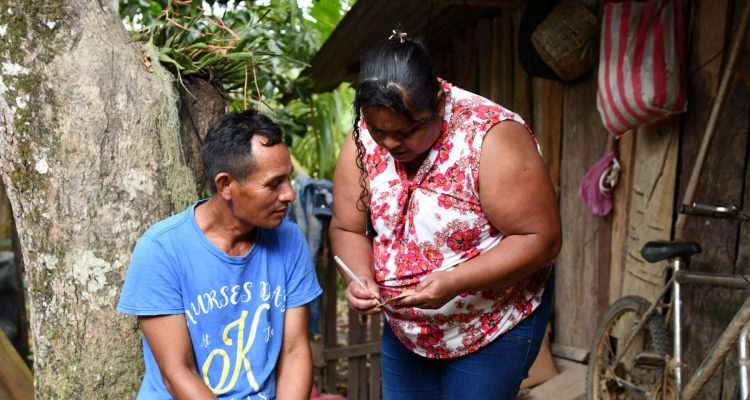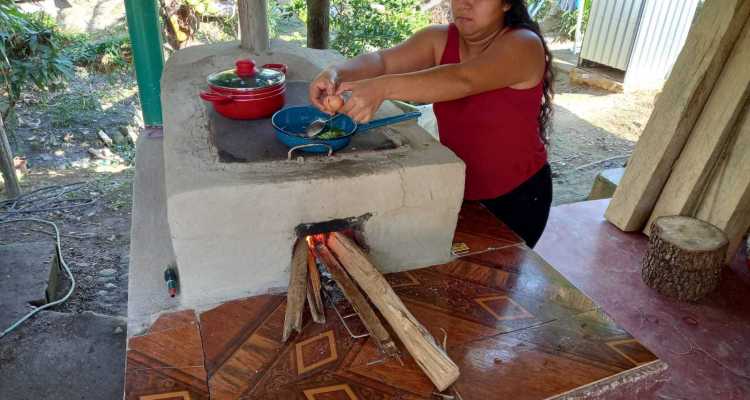Commemorating the International Day for the Eradication of Poverty means promoting a greater understanding of the diverse challenges that individuals experiencing poverty often face. According to the United Nations, extreme poverty affects more than 670 million people around the world. Beyond economic poverty, these individuals routinely experience dangerous working conditions, unsafe housing, a lack of nutritious food, unequal access to justice, a lack of political power and limited access to health care. These harsh experiences not only lead to physical harm, but harm their dignity as well.
Recently, Pope Francis highlighted the connection between this specific experience of poverty and the decision made by millions of people to leave their homes as migrants or refugees over the past decade. He said, “…simply, the impossibility of living a dignified and prosperous life in one’s native land is forcing millions of persons to leave.” At CWS, we affirm the Pope’s call to respond to this crisis by developing conditions in countries of origin that allow for the most vulnerable to be free to stay (and, when impossible, free to leave).
What does the concept of “free to stay” mean? Pope Francis continues, “To make migration a choice that is truly free, efforts must be made to ensure to everyone an equal share in the common good, respect for his or her fundamental rights and access to an integral human development.” His call to action echoes a recent panel that I participated in with CWS at the Central American Donors Forum, where we presented the importance of working to address vulnerability in areas of agriculture, access to clean water, climate change adaptation and violence prevention through programs that directly meet their needs, while also working to strengthen the local institutions responsible for publicly providing those services.
While I’ve only recently joined CWS as a staff person, I’ve always admired this approach to sustainable development about the work that CWS supports, especially in the Latin America and Caribbean region. Partners work to coordinate program activities with local governments and, over time, build connections between communities and local institutions.
A great example of this comes from Honduras, where CWS has worked with the local partner of Comisión de Acción Social Menonita in the municipality of Santa Barbara for the past 16 years to address chronic food insecurity. As CASM staff work with families participating in the program, they listen carefully to their needs and concerns. One issue they identified was the lack of economic opportunities for women in these rural communities. Instead of trying to solve the challenge on their own, CASM staff reached out to the Municipal Office for the Welfare of Women and invited them to come and hear the challenges facing women in some of the more remote parts of Santa Barbara.
CASM facilitated the meetings and together the Office for the Welfare of Women and the program participants developed a series of plans to address the lack of opportunities, which included the municipal office providing funding for a poultry project. CASM staff provided technical support to the women in the communities to ensure the project was a success. Dozens of women are now involved in the poultry project, where they can raise laying hens and sell the eggs to local schools as part of the school meal program.
The most exciting part of this collaboration is that, as the women identify new opportunities or face new challenges, they now know how to access and work with their local government. Strengthening institutions is a truly sustainable approach to eradicating poverty that also creates spaces where program participants can solve their own challenges and realize their full potential and dignity.
As we move forward, let us remember that our commitment to ending poverty must be accompanied by action, cooperation and an unwavering dedication to those in need. Together, we can build a world where everyone is free to stay, thrive and have a safe place to call home.
Alex Morse is the Deputy Regional Representative for Latin America and the Caribbean. Learn more about our work in the region here.


